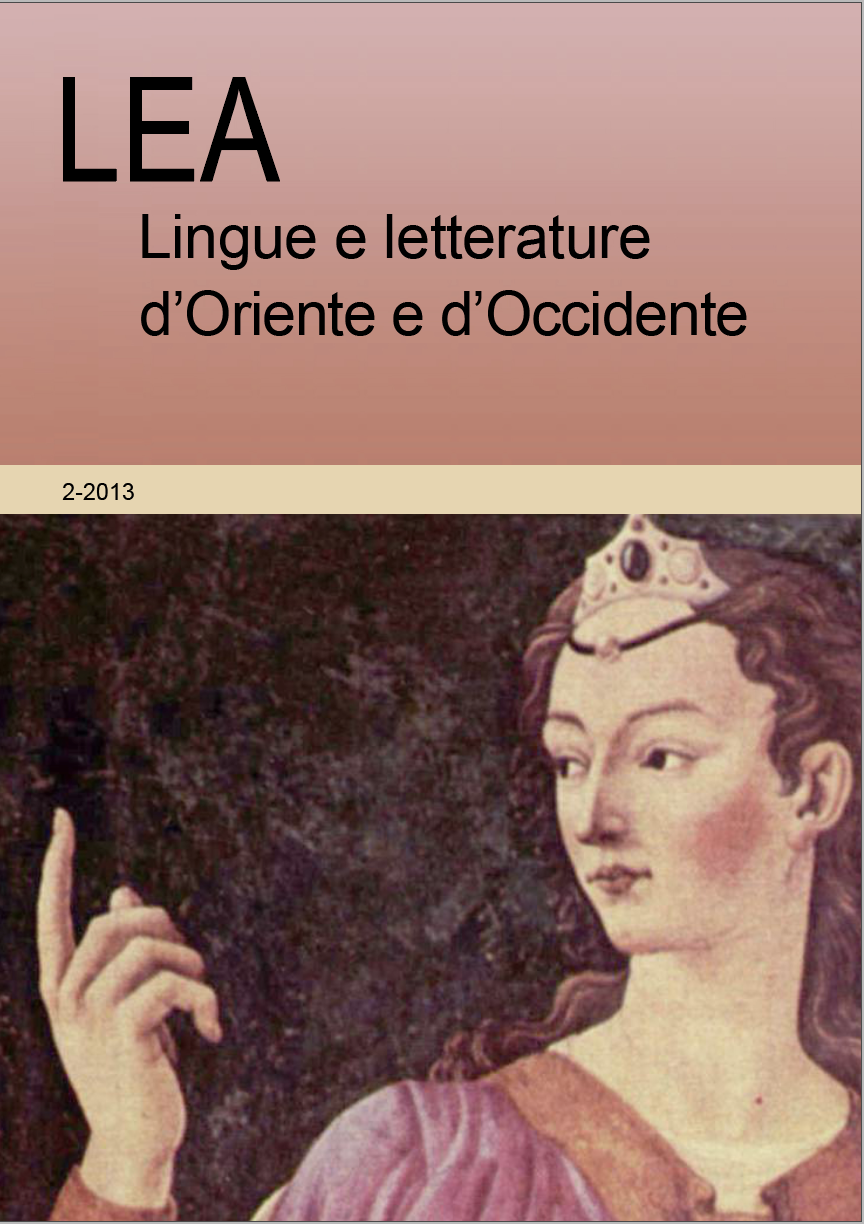Published 2014-05-29
Keywords
- Early Modern Culture,
- Politics,
- Shakespeare Criticism
Abstract
Although war is ubiquitous in Shakespeare, criticism on this topic has been sporadic and sparse. A seminal book by Paul Jorgensen, Shakespeare’s Military World, was published in 1956, but was not followed by other substantial literary studies. Not even “new historicism”, the critical movement developed in the 1980s and 1990s, and which was alert to the examination of all early modern cultural formations, devoted attention to the representation of war in Shakespeare. While, interestingly, in those same years, Shakesepare’s representation of war was examined by jurists in connection with the “just war” principles, it was only in the late 1990s that the topic started to gain ground in the work of professional Shakespeareans, as seen in the publications of a few book-length studies and collections of essays (de Somogyi, Taunton, Barker, King and Franssen, Pugliatti, Quabeck). This new wave of interest had also been preceded by seminars and conferences starting in 2003, a significant date with regard to the waging of war, with the invasion of Iraq and the war of aggression which followed. Indeed, as this article intends to show, the most crucial factor in determining, or reviving, interest in this dimension of Shakespeare have been the wars being waged in the world. It is certainly to be hoped that the study of war in Shakespeare may not again sink into oblivion; but, more importantly, it is hoped that its discussion may not be revived, as happened in the past, in the harsh light of more wars being waged around the world.



